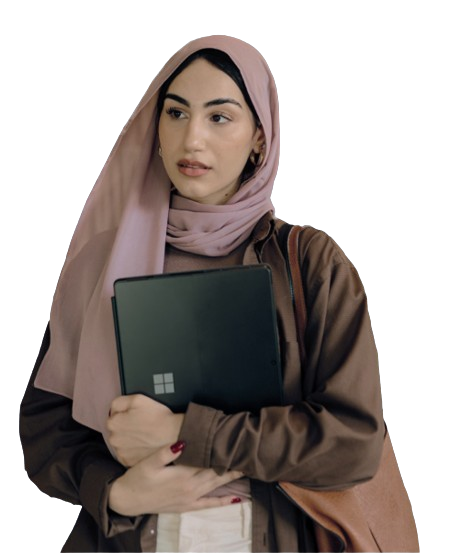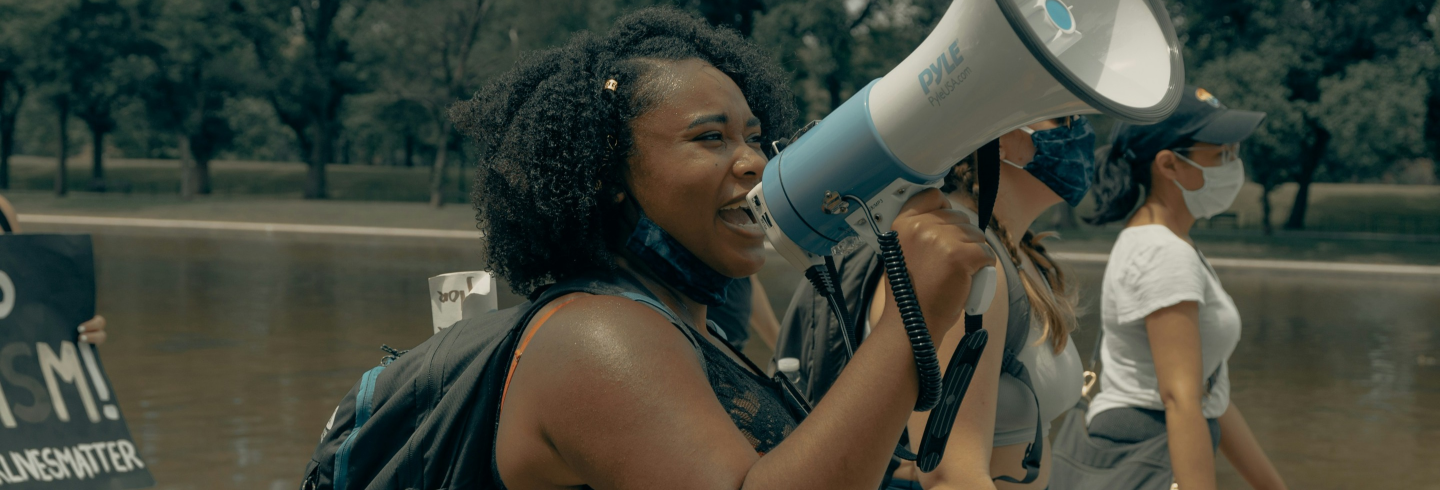By Brooke LePage
The NWLC released a 2018 report titled “Dress Coded: Black Girls, Bodies, and Bias in D.C. Schools” that detailed their findings from interviews with Black girls in D.C. public middle or high schools and summarized reviews of schools’ publicly available dress code policies. They found that many of the schools banned traditionally Black hairstyles or head coverings and had specific dress code requirements based on gender despite this being formally prohibited by D.C. public schools.
As a result, Black girls are often either suspended for violating dress code policies or pulled out of the classroom to change their clothes. Black girls are also disproportionately pulled out of class for being too loud, too assertive, too sexually provocative, too defiant, and too adult-like, according to the NWLC and Education Trust report, titled “And They Cared: How to Create Better, Safer Learning Environments for Girls of Color.”
Researchers at Georgetown Law’s Center on Poverty and Inequality in 2019 conducted focus groups across the country with Black women and girls ages 12 to over 60 to learn about “adultification bias,” the notion that Black girls are more mature than White girls, leading them to be held to higher standards and disciplined more frequently.
Participants often mentioned that school police officers or other adults would tell them they “should have known better” or should attempt to modify the behavior of girls of color to follow more traditional White views of gender and sexuality, often suggesting that they should be more “ladylike.”
Join Our Distribution List
Stay informed about The Center on Gender Justice & Opportunity’s impactful work and upcoming events by signing up for our newsletter.



